Facebook launches UK coronavirus symptom survey
The COVID-19 symptom survey is opt-in and only targets users who are 18 years or older
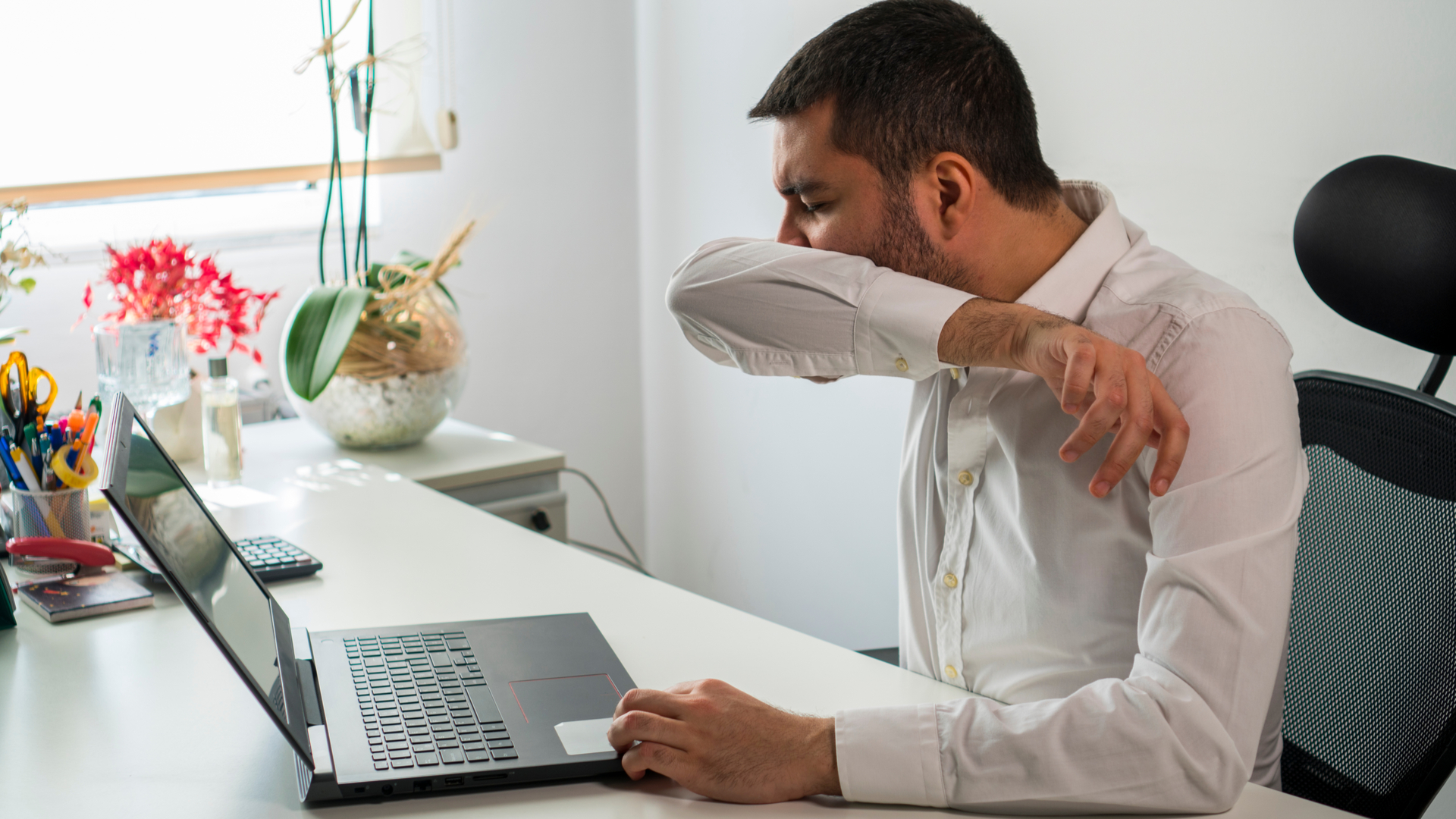

Facebook has expanded its COVID-19 symptom survey to the UK and is set to start questioning selected users starting today.
The survey has been developed by health researchers at Carnegie Mellon University, based in Pittsburgh, Pennsylvania, and asks users whether they have experienced symptoms such as a fever, coughing, shortness of breath or loss of smell, all of which are associated with COVID-19.
The COVID-19 symptom survey is opt-in and only targets users who are 18 years or older.
Facebook launched the survey in the US on 6 April and has so far received “approximately 1 million responses a week”. CEO Mark Zuckerberg described the results of the symptom survey as “promising”.
“They correlate with publicly available data on confirmed cases, which suggests this data can help predict where the disease will spread,” he said, adding that “data like this can unlock a lot of good”.
“Since we’re all generating data from apps and devices every day, there will likely be many more opportunities to use the aggregate data to benefit public health. But it’s essential that this is done in a way that protects people’s privacy and respects human rights,” he added.
Facebook has stated that it “doesn’t receive, collect or store individual survey responses, and CMU doesn’t learn who took the survey”.
Get the ITPro daily newsletter
Sign up today and you will receive a free copy of our Future Focus 2025 report - the leading guidance on AI, cybersecurity and other IT challenges as per 700+ senior executives
In a statement given to IT Pro, the Open Rights Group said that Facebook must keep to its legal obligations and not reuse or otherwise process the data
"Whether users trust these guarantees of course is another matter," it said. “It may also hard for UK users to know how the data is handled in the USA by researchers, as data protection obligations are not automatic.
"We hope and trust that Carnegie Mellon has ensured that UK citizens continue to have data protection guarantees if they use this questionnaire. This should be made clear to users when they use the app."
Earlier this month, Facebook also launched Disease Prevention Maps, which show whether people are listening to self-isolation advice and orders designed to curb the spread of COVID-19. The maps use anonymised location data to track the movement of people around regions, helping public health officials determine potential COVID-19 outbreak areas.
Facebook's announcement is an example of the latest efforts of tech giants to contribute to fighting the pandemic, bypassing the need for users to download separate coronavirus tracking apps.
Even one of the more successful Bluetooth apps, the Singaporean TraceTogether, which had been set as an example for the NHSX in developing their own app, has been downloaded by only about one in five people.
Google had also released location data in the form of “Community Mobility Reports” to show the effectiveness of coronavirus lockdowns. The data reveals that in the UK there has been an 85% decrease in mobility trends for retail and recreational places, including restaurants, cafes, shopping centres, museums, libraries, and cinemas.
Public transport hubs had the second-largest decrease, with 75%, while workplaces experienced a 55% fall in attendance.
Having only graduated from City University in 2019, Sabina has already demonstrated her abilities as a keen writer and effective journalist. Currently a content writer for Drapers, Sabina spent a number of years writing for ITPro, specialising in networking and telecommunications, as well as charting the efforts of technology companies to improve their inclusion and diversity strategies, a topic close to her heart.
Sabina has also held a number of editorial roles at Harper's Bazaar, Cube Collective, and HighClouds.
-
 Asus ZenScreen Fold OLED MQ17QH review
Asus ZenScreen Fold OLED MQ17QH reviewReviews A stunning foldable 17.3in OLED display – but it's too expensive to be anything more than a thrilling tech demo
By Sasha Muller
-
 How the UK MoJ achieved secure networks for prisons and offices with Palo Alto Networks
How the UK MoJ achieved secure networks for prisons and offices with Palo Alto NetworksCase study Adopting zero trust is a necessity when your own users are trying to launch cyber attacks
By Rory Bathgate
-
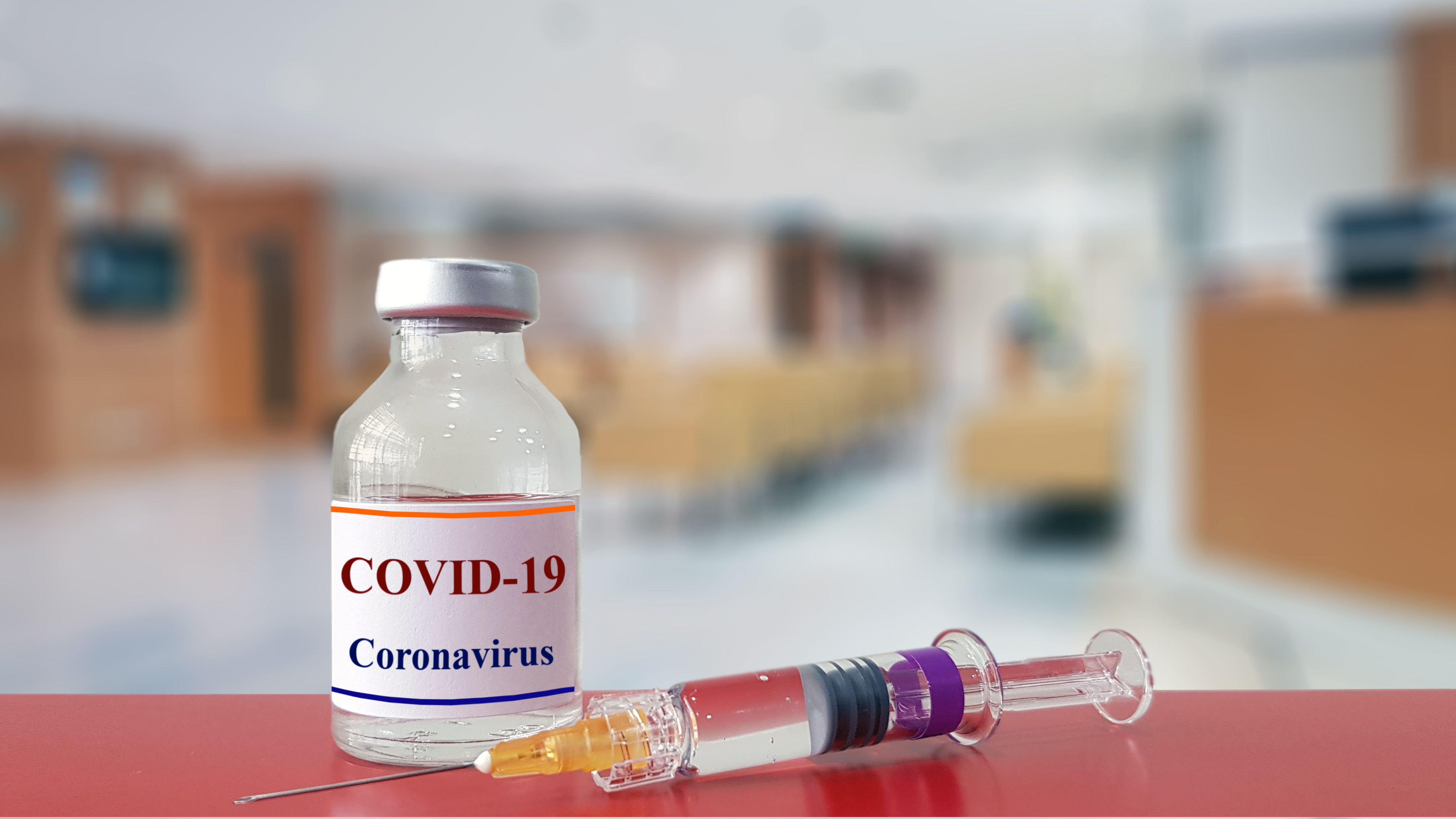 Oracle teams with Oxford University for rapid detection of COVID-19 variants
Oracle teams with Oxford University for rapid detection of COVID-19 variantsNews GPAS to help medical communities identify and mitigate risks from new COVID-19 mutations
By Praharsha Anand
-
 Google Cloud unveils AI contact center focused on vaccine equity
Google Cloud unveils AI contact center focused on vaccine equityNews Organizations can integrate CCAI into existing scheduling and registration systems or use it as a stand-alone application
By Praharsha Anand
-
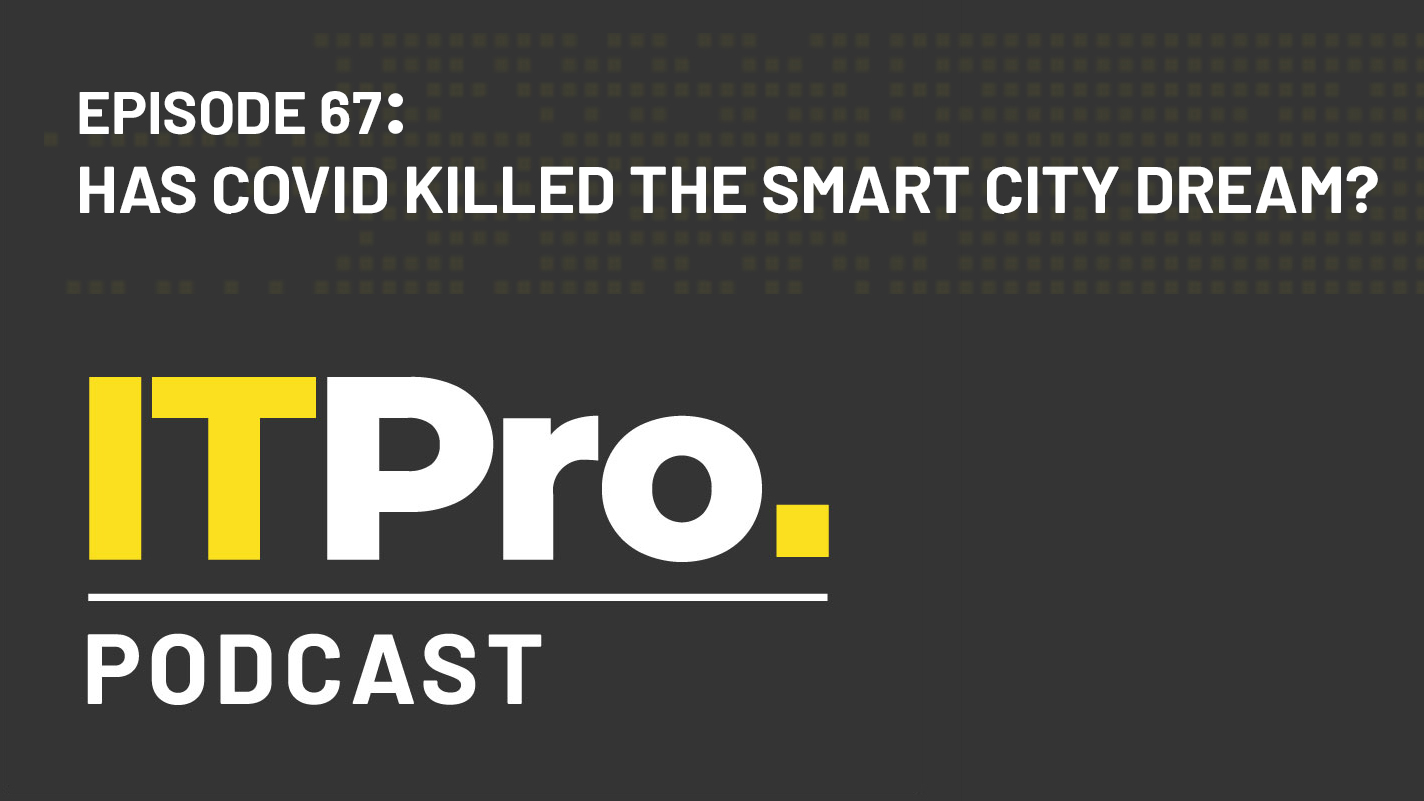 The IT Pro Podcast: Has COVID killed the smart city dream?
The IT Pro Podcast: Has COVID killed the smart city dream?IT Pro Podcast With city centres deserted, the utopian smart city vision may be later than advertised
By IT Pro
-
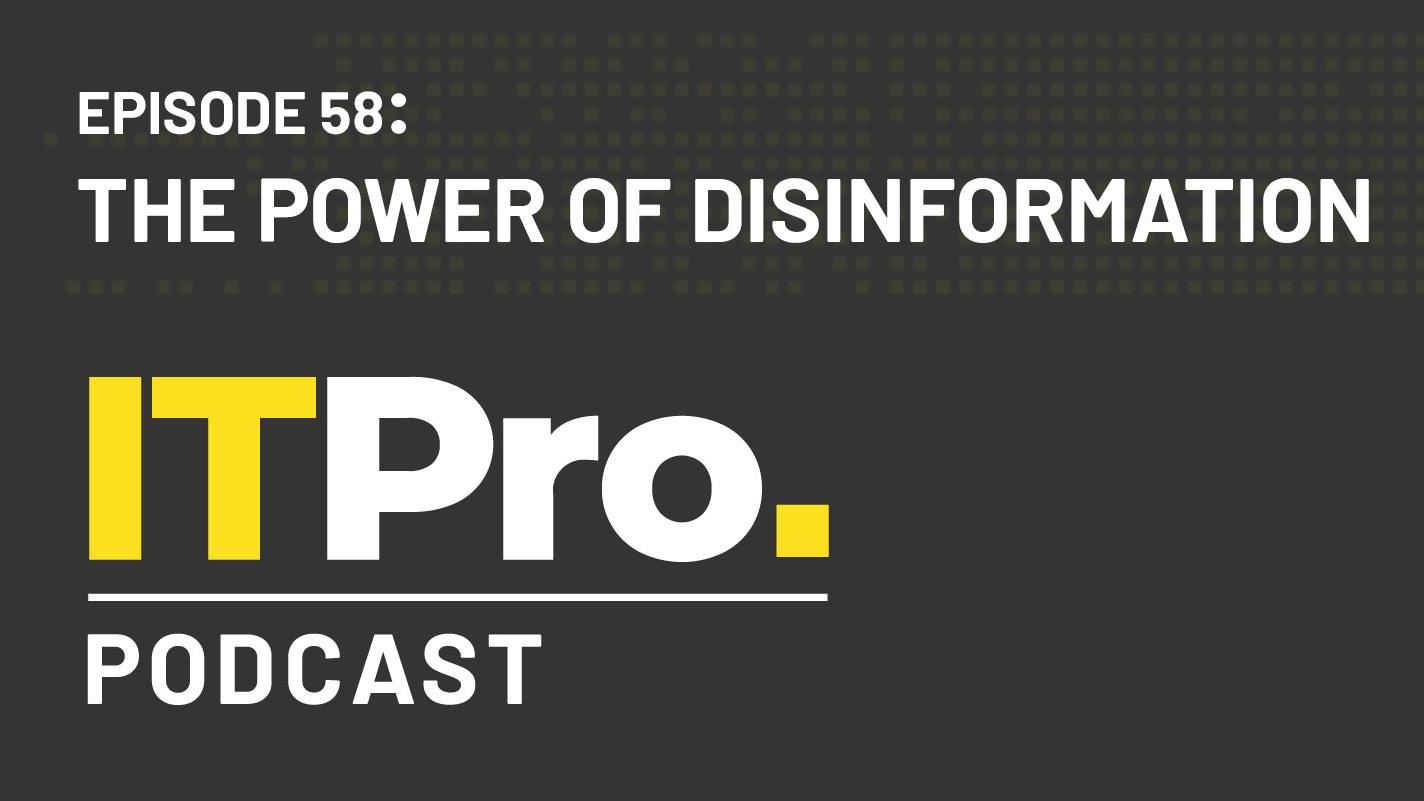 The IT Pro Podcast: The power of disinformation
The IT Pro Podcast: The power of disinformationIT Pro Podcast Social media is a great innovation - but falsehoods and manipulation are rife
By IT Pro
-
 COVID-19 and Brexit are rendering AI models redundant
COVID-19 and Brexit are rendering AI models redundantNews The degradation of accurate data has forced most UK data leaders to rethink their business strategies
By Keumars Afifi-Sabet
-
 The future tech helping battle the pandemic
The future tech helping battle the pandemicIn-depth We’ve struggled to find a use for chatbots, 3D printers and drones, but innovative tech is now being used to fight COVID-19
By Nicole Kobie
-
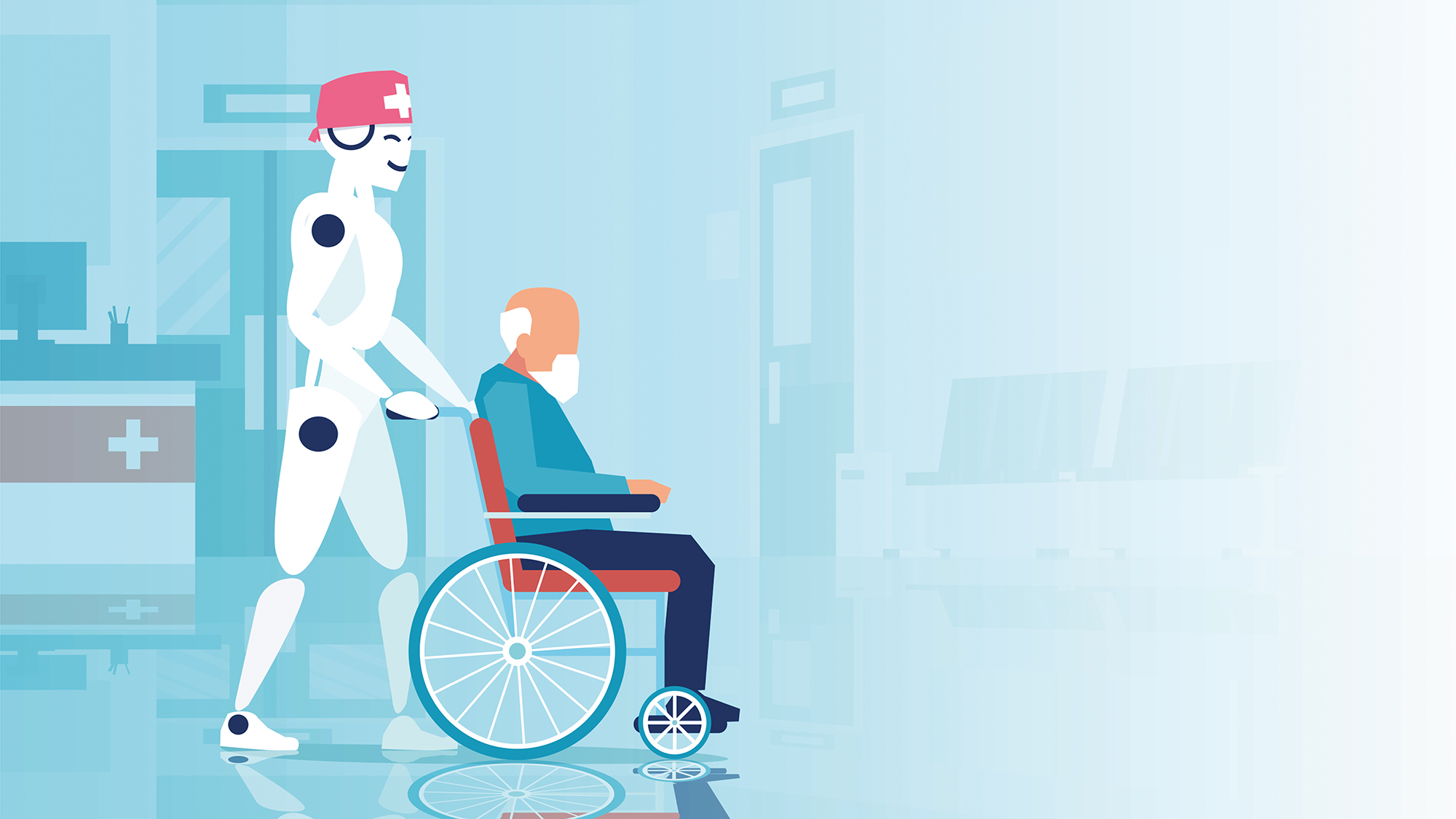 Robots are supposed to steal our jobs – so why haven’t they during the coronavirus crisis?
Robots are supposed to steal our jobs – so why haven’t they during the coronavirus crisis?In-depth Robots are already making some progress in healthcare settings, but they need more support if they're to make a real difference
By Nicole Kobie
-
 New global alliance plans to fight coronavirus with AI
New global alliance plans to fight coronavirus with AINews CAIAC aims to establish an advisory group consisting of UN organisations
By Sabina Weston